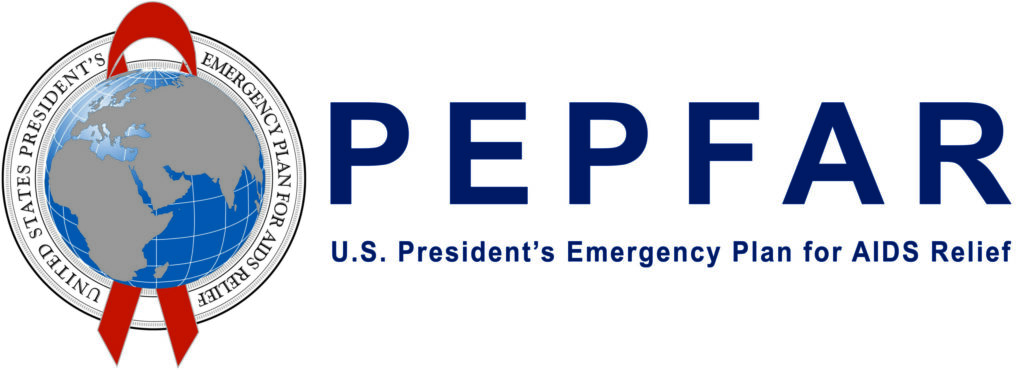
Nigerian medical professional, Dr. Chinonso Egemba, widely known as Aproko Doctor, has raised concerns over the country’s healthcare system following the reported suspension of United States funding to the President’s Emergency Plan for AIDS Relief (PEPFAR).
In a post on X (formerly Twitter) on Tuesday, Egemba warned that Nigeria cannot continue to rely on foreign donations for its healthcare needs, emphasizing the potential consequences of the funding pause.
Rising Health Risks in Nigeria
Egemba highlighted that the withdrawal of US aid could lead to a surge in HIV, tuberculosis, and malaria infections across the country.
“Now is the time to take our health system seriously. The second-best time was yesterday. Nigeria cannot continue to depend on donations for its own healthcare,” he stated.
Impact on HIV Treatment in Nigeria
The medical expert stressed that the funding cut would severely affect people living with HIV in Nigeria.
“If you don’t treat HIV, almost everyone affected will develop AIDS,” he explained, underscoring the importance of antiretroviral drugs in suppressing the virus and preventing its transmission.
Egemba further noted that these essential medications are largely provided through international donations due to their high cost. With PEPFAR funding halted, he warned that Nigeria faces a potential healthcare crisis.
“If Nigeria doesn’t rise to the occasion and take charge, infections will rise—currently close to 200,000 new infections every year. People will die from AIDS because drugs are not available,” he cautioned.
A Healthcare System Under Pressure
Beyond HIV treatment, Egemba emphasized that the funding suspension would also impact tuberculosis and malaria programs, exacerbating Nigeria’s already struggling healthcare system.
“Our already burdened healthcare system will be burdened further, which might be make or break.
“These are just a snippet of the ripple effect. Let’s not forget that diseases like tuberculosis and malaria are being affected also by the pause of funding,” he said, urging authorities to take immediate action to prevent a public health disaster.
With foreign aid now uncertain, stakeholders are calling for increased domestic investment in healthcare to mitigate the effects of the funding cut. As Nigeria navigates this challenge, the urgency to strengthen local healthcare policies and funding mechanisms has never been greater.
